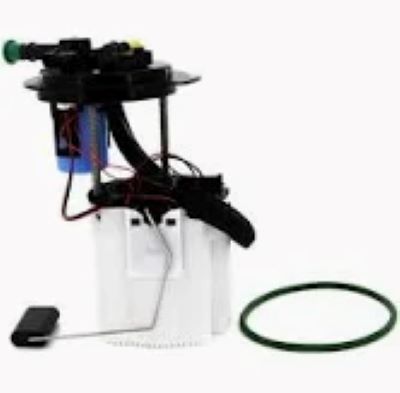If your fuel pump fuse keeps blowing, it often indicates that there is an extensive problem with the fuel system in your vehicle. Under normal operation a fuel pump fuse should not be blown even with more common tolerances of 10 to 20 amps, on an average vehicle model. SSas built to blow when the fuel pump is pulling more current than it should, from problems as such.
One common problem that can cause this issue is a short circuit in the wiring for the fuel pump. The fuse blows to prevent further damage when wires are frayed or damaged tying into the vehicle's chassis creating a direct connection. According to industry professional Mark R., "A short circuit can result in an increase of current flow by over 50% causing fuses to blow immediately."
Another possible culprit is the fuel pump that has simply stopped functioning. An ailing pump is going to require more power to operate, beyond what the fuse is designed for. This accounts to almost 25% of the fuel pump failures reported are due to wear within internal parts or with contaminants which can cause the pump to labour and draw more current.
Also, by having the clogged fuel filter it means that the pump has to work even harder. It would make sense that if the fuel filter is clogged and accompanies an 80% reduction in fuel flow this will strain over here above unit but not necessarily blow its fuse. Routine care such as changing the fuel filter every 30K miles will help keep this problem at bay.

The issue of overheating is another major concern. Elevated electrical current flows can develop from increased resistance by the electrical component, which is a result of high temperature condition on fuel pump operation. If temperatures are above 200°F pumps can lose suction and fail prematurely. According to automotive technician Linda J., “High temperatures cause fuel pumps to fail an early death, causing the fuse to blow multiple times.
And, finally, the age of the vehicle and parts can cause this issue. The wiring or connector may simply be old and the insulation is breaking up, so they can break under normal loads. About 30 percent of the electrical problems in old cars are from corroded connections, according to the National Highway Traffic Safety Administration.
So you see, persistent blowing of the fuel pump fuse is mainly due to short circuits, faulty pumps, filters that are blocked up or heating from overwork and old age. If you watch out for these items, your fuel pump will serve you well and last. Click Fuel Pump for more information.
